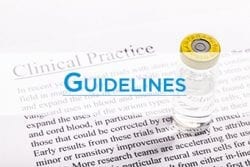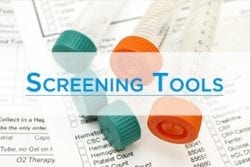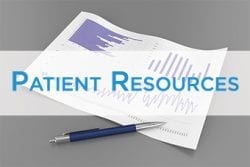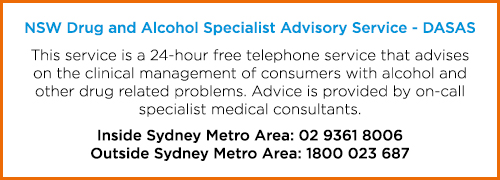
Alcohol
Welcome to the Alcohol resources page.
Below is a list of resources to support you in the management of patients who misuse alcohol.
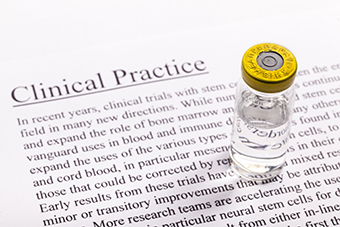
Guidelines
Guideline 1: Reducing the risk of alcohol-related harm for adults
To reduce the risk of harm from alcohol-related disease or injury, healthy men and women should drink no more than 10 standard drinks a week and no more than 4 standard drinks on any one day.
The less you drink, the lower your risk of harm from alcohol.
Guideline 2: Children and people under 18 years of age
To reduce the risk of injury and other harms to health, children and people under 18 years of age should not drink alcohol.
Guideline 3: Women who are pregnant or breastfeeding
A. To prevent harm from alcohol to their unborn child, women who are pregnant or planning a pregnancy should not drink alcohol.
B. For women who are breastfeeding, not drinking alcohol is safest for their baby.
- 2020 Australian Guidelines to reduce health risks from drinking alcohol – full
- 2020 national guidelines – Reduce your risk
- Quick Reference Guide to the Treatment of Alcohol Problems
- Consultation Draft National Alcohol Strategy 2018-2026
- ICD classification Mental and behavioural disorders due to psychoactive substance use
- DSM V criteria for alcohol use disorder
- Comorbidity guidelines is a webpage dedicated to managing co-occurring alcohol and other drug and mental health conditions
Screening tools
The Audit C is a 3 item alcohol screening tool helps to identify people who are hazardous drinkers or have active alcohol use disorders (including alcohol abuse or dependence). The AUDIT-C is a modified version of the 10 question AUDIT screening tool.
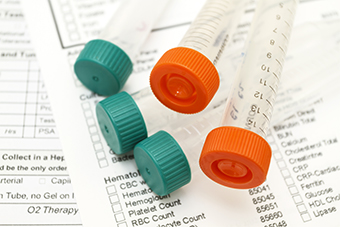
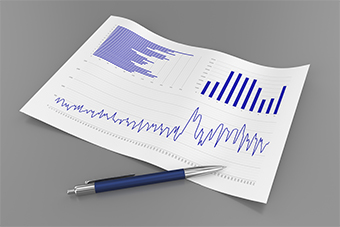
Patient Resources
- Standard drink guide 1 – Picture diagram showing serving sizes against standard unit measurements.
- Standard drink guide 2 – Leaflet from the federal government providing guidance for the general public regarding safe alcohol consumption.
- Pregnancy and alcohol
- Alcohol Diary
- Local Services Patient Information Flyer
- Tips for Cutting Down on Alcohol
- Alcohol the facts
- Guide to dealing with teenagers and alcohol
This booklet is a guide for parents on communicating with their teenagers about responsible drinking and provides information about the risks associated with binge drinking and tips for having a safe night when alcohol is around. - Positive Choices
- Your Room – General facts about alcohol and other drugs.
Further Resources
- The Quick Guide to Drugs and Alcohol, 3rd edition is published by the Drug Info service which is a partnership between the State Library of NSW and NSW Health.
- APSAD – Australasian professional society on AOD
- NCETA – The National Centre for Education and Training on Addiction
- Detoxification from Alcohol – Tony Gill – Clinical guidelines for general practitioners supporting patients with alcohol withdrawal.
- NDARC – National drug and alcohol research centre
- DARTA – Drug and alcohol research and training
- Federal Government Programme “Women Want to Know” regarding pregnancy and Alcohol
- Optimising MBS items for drug and alcohol patients
- Alcohol Screening and Brief Interventions
- Motivational Interviewing Techniques
- Screening and brief interventions designed especially to support the LGBTI community with substance misuse
- Tip sheet for cutting down alcohol consumption
- NADA Language Matters – Drug and Alcohol

Videos
- Drink now pay later
- Wine O’Clock
- Pleasure Unwoven – Abridged version from “Pleasure Unwoven: A Personal Journey About Addiction” copyright 2009, The Institute For Addiction Study. These videos have been created by Dr Kevin McCauley. There are 8 topics including: The Choice Argument, Dopamine and Glutamate in Addiction, Is Addiction really a Disease?, Hypofrontality in Addiction and more.


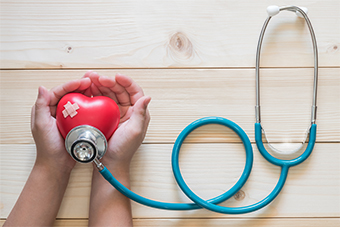
Support Services and Apps
- Hello Sunday Morning – Hello Sunday Morning builds technology that supports any individual to change their relationship with alcohol.
- Get Healthy NSW – phone coaching – Free telephone based Health Coaching, a free service that can help to provide the support and motivation needed to reach healthy lifestyle goals.
- Alcohol and Drug Information Service ADIS – This 24-7 telephone service provides education, referral, crisis counselling and support about legal and illegal drugs. The service is available for patients and professionals.
- Drinks Meter App – a user-friendly app for your phone or tablet that provides confidential, personalised feedback about your alcohol use based on advice from doctors and the Australian guidelines to reduce health risks from drinking alcohol.

